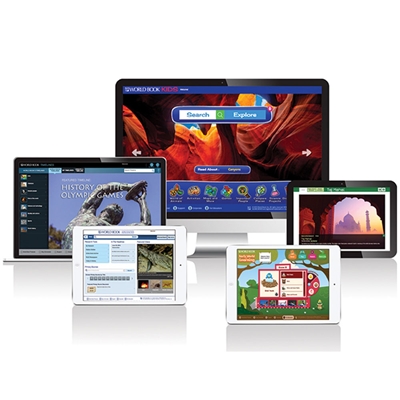Orpheus was one of the greatest of all musicians in the mythology of ancient Greece. His mother, Calliope, was the muse of epic poetry. According to some stories, his father was the god Apollo (who was also known for his musical talents). With his voice and lyre, Orpheus was said to be able to enchant animals and plants, and rivers stopped flowing in order to listen to him. Orpheus traveled with the Argonauts, a group of Greek heroes who assisted Jason on his quest for the Golden Fleece.
One of the best-known stories about Orpheus involves his doomed love for a tree nymph named Eurydice. Soon after the two were wed, Eurydice stepped on a snake and died from its poisonous bite. Overcome with grief, Orpheus traveled to the underworld. He appealed to its ruler, Hades, and his wife, Persephone, to release Eurydice back to the land of the living. Orpheus charmed the gods with his songs. They agreed to release Eurydice, but only if Orpheus walked ahead of her and promised not to look back until they reached the upper world. As they neared the surface, Orpheus realized he could not hear Eurydice’s footsteps. He turned around to see if she was still behind him, and she was immediately sent back to the underworld forever.
The story of Orpheus and Eurydice has inspired dozens of works of art, including poems, novels, operas, and films. Artists who have drawn inspiration from the myth include the Roman poet Ovid, Italian composer Claudio Monteverdi, German composer Christoph Willibald Gluck, French composer Jacques Offenbach, German poet Rainer Maria Rilke, French poet and artist Jean Cocteau, and English composer Sir Harrison Birtwistle.
The story of Orpheus isn’t all songs and romance, however. According to legend, Orpheus angered the women attendants (called maenads) of the god Dionysus because he took no interest in them or in their worship of Dionysus (Orpheus paid homage only to Apollo). The maenads tore Orpheus to pieces, but his dismembered head—still singing—floated to the island of Lesbos, where an oracle of Orpheus was established.
Untitled Document
Can't view the linked articles? Subscribe to World Book Online

World Book Online delivers a progressive sequence of core databases supported by supplemental
tools, such as language translation, graphic organizers, and unique Webquests. Moving from
Early World of Learning to World Book Advanced, World Book Online aligns end-users with their
appropriate learning levels. Each stand-alone site provides additional features to support the
needs of users’ specific capabilities.
The World Book Difference
World Book combines cutting-edge technology with traditional editorial excellence to produce
authoritative, trustworthy, and unbiased content. The digital content is updated in real time and
carefully curated for each learning level. Accessible 24/7, the content is available on a variety of devices.
World Book Online combines 21st-century instructional techniques with timely information.
By breaking down complex topics and using easily understandable text, World Book Online helps to
build fluency and increase comprehension. Featuring single sign-on capability, these sites are paired
with highly visual content to engage even the most reluctant reader. Our collection of resources kindles
a lifelong learning experience for every user. This adherence to clarity, currency, and accuracy makes
World Book’s digital offerings an information hub for the classroom, library, and beyond.